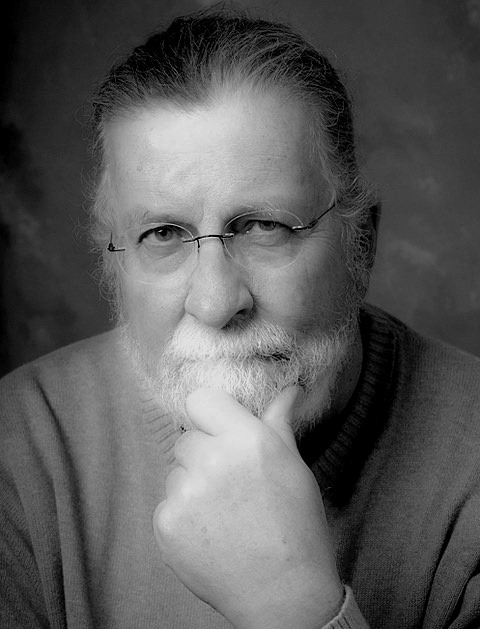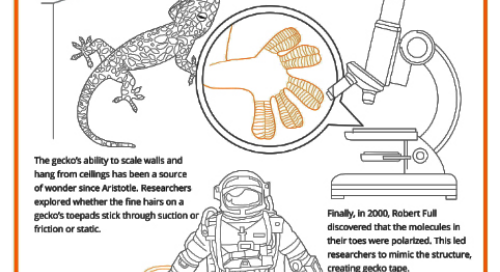is-career-support-the-member-benefit-of-2021
April 15, 2021
According to our surveys of society members, career support is a huge driver of membership: 71% of non-members are willing to join if they think it will advance their career.
In a recent research partnership with Kudos to investigate what impacts the pandemic has had in the research community, we found that most researchers believe that the pandemic has had a negative impact on their career. But there’s also good news: other findings from the same study suggest that your community may be more worried than they need to be.
So, how can societies help bridge the gap between perception and reality?
Pandemic impacts
Of the over 10,000 researchers in the survey, 58% believe the pandemic has had a negative or strongly negative effect on their career, compared to 22% who think it has had a positive or strongly positive effect. Secondary research found that early career researchers are likely to feel the worst effects, and that the pandemic has made existing gender disparities (including inequities in career progression) worse.
More than half of researchers have taken on more household chores and responsibility for home-schooling children, and 46% have taken on other caring responsibilities. Meanwhile, their professional responsibilities have also grown compared to pre-pandemic levels. Around half are spending more time preparing for lectures, supporting students, and attending meetings than they did before the pandemic.
Like so many of us these days, researchers are feeling stretched. And losing collaboration and networking opportunities because of the pandemic only adds another layer of anxiety.
Collaboration and networking
Early career researchers are feeling the loss of the collaboration and networking opportunities at in-person conferences the hardest. Researchers told us that with so many “must-attend” events during 2020 being cancelled, department heads and principal investigators are questioning the time and money associated with events.
While many events have been cancelled, a lot of organizations did pivot to virtual formats and are offering valuable experiences to attendees in different ways as long as holding in-person events on a pre-pandemic scale remains uncertain.
For societies, this is an opportunity to emphasize how the organization fosters connections in the community in many different forms. In our 2020 Wiley Society Member Survey, over 50% of non-members told us they’d be more likely to join if it meant more ways to interact with their local research community. Finding ways to create smaller, regionally-focused events, online training, writing groups, or local meet ups (whether in-person or virtual), could be a big driver of member growth this year. Especially among the next generation of members.
Research funding
Not finding the right collaborator is challenging enough, but researchers are also worried about their funding. 73% believe they will have to compete harder for funding in the future, and 55% think the pandemic has affected their ability to get funding. But when you look at the investments governments are making in R&D, that’s not the case. Thanks in part to the role of science in fighting the pandemic, many governments are doubling down on funding for research.
Charitable funding has been a bit more negatively affected by the pandemic, but it supports a much lower proportion of academic research than government funding does. So, while researchers in certain fields will likely have different funding experiences, overall there are no signs that less funding will be available at the national or international level.
As stewards and guides in their disciplines, societies have a role to play in reassuring and educating their members about the availability of funding for the field. The news will likely be better than the community is expecting!
Society solutions for career anxiety
Given the many challenges caused by COVID-19, it makes sense that so many researchers are feeling gloomy about the impact the pandemic will have on their career. But they may not need to!
While members are motivated to join for professional development, member satisfaction tends to be lowest with society support for career advancement. Now is the time to turn that trend around, and highlight the many ways that societies support and guide members at every stage of their career. Especially those early in their professional journey.
By emphasizing career support services and developing new offerings to meet member needs, societies can support their communities and grow membership.
References
Brave New World global survey of 10,000+ researchers, Nov-Dec 2020, led by Kudos, CACTUS, Royal Society of Chemistry, STM and Wiley.
6th Wiley Society Member Survey of 3,000+ researchers, May-June 2020, Wiley.








